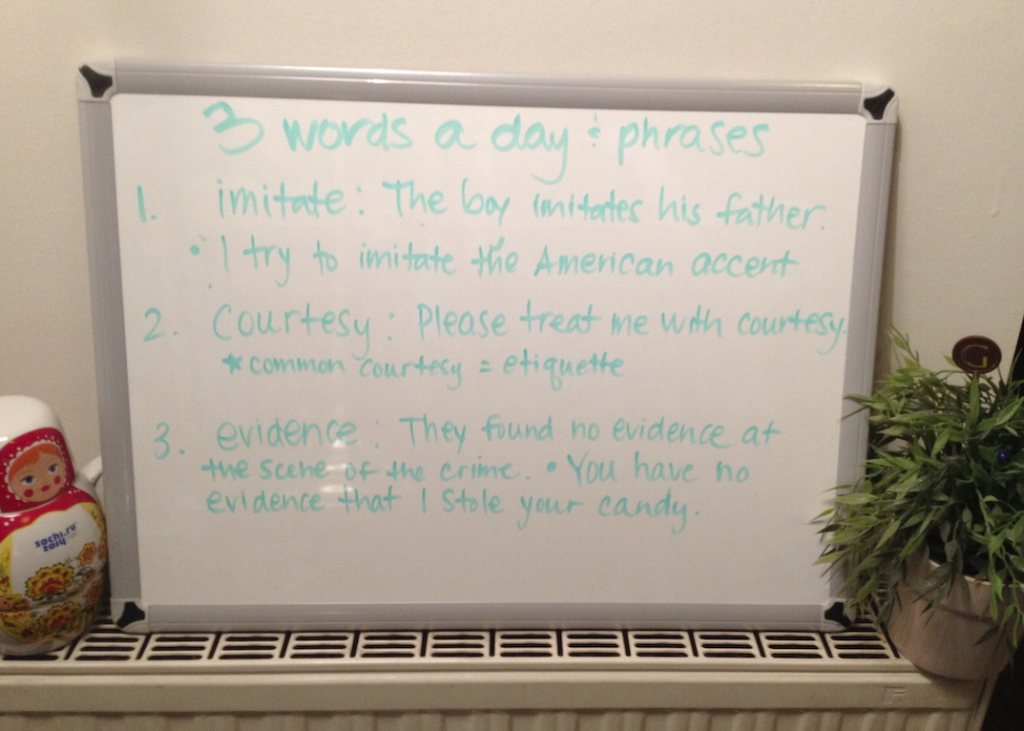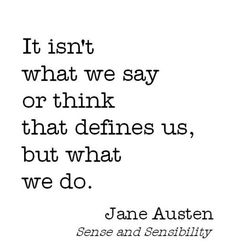What are the Differences: Speaking with a Professional Teacher on Skype, Language Exchange and Language Partners
Active Practice. I am always talking about active practice and actively speaking and using English. How can you do this online?
To actively practice you have to produce the language- mainly speaking in this case (writing is also great too!) I’m an online English teacher, so speaking with me (or any other teacher) is an excellent way to get practice, but there are other options out there that you can do it for free. Let’s have a look and compare the pros and cons of speaking with a professional teacher, doing language exchange and having language partners.
Sessions with a Professional Teacher
Pros
- Native Speaker- Unless you are a beginner and need someone who can speak your language to explain things to you, you should be doing English sessions on Skype with an English native speaker so that you can hear their pronunciation and try to speak like that yourself.
- Corrections- Professional teachers will identify your mistakes and correct you.
- Pronunciation- Besides you hearing their pronunciation, they will listen to yours and make suggestions on how to improve it.
- Knowledge- Professional teachers have certifications to teach English as a foreign language as well as knowledge gained through working with other students. They know what works and what doesn’t based on previous experiences. They can work with students of all levels.
- Consistency– Speaking with the same teacher will help you to feel comfortable while speaking English and this leads to improvement and confidence.
- Organization- There is a topic planned before each session and the teacher is there to make sure that you are getting the best experience possible during your time together.
Cons
- Cost- Depending on where you live in the world, the price of native English speaking teachers may be out of your price range.
Language Exchange
Language exchange is when you find someone who wants to learn your language and you want to learn theirs. Usually you split the time in half – half your language / half their language.
Pros
- Cost- Language exchange is free! You give some of your time to help someone and they do the same for you.
- Flexible- There are web-sites that connect people who want to speak English at any time of day- like http://www.speaking24.com/
- Camaraderie– You feel as an equal with your language exchange partner because you are both learners.
- Pronunciation- If both people are native speakers, it is a great opportunity to pay attention to pronunciation and natural speech patterns.
Cons
- No organization- a common complaint I have heard from students is that they don’t know what to talk about when they meet for language exchange. Who is in charge of the conversation?
- Lack of consistency- People come and go. You may have a chat with someone one time and then they disappear, so then you have to search to find someone new and you repeat the same “where are you from” “what do you do?” basic conversation.
- Lack of knowledge- Unless you get lucky and your language exchange friend is a teacher, you will most likely not be getting the type of corrections that you would from a professional teacher. Even though they are a native speaker, they won’t have the experience in explaining grammatical structures and why you use a certain word in a certain situation.
Language Partners
Language partners are very similar to language exchange, but you are both learning the same language so you use your time together to speak in a common language. It has some of the same pros and cons as language exchange, but the main difference is that usually neither of the partners is a native speaker of the language being used.
Pros
- Cost- It’s free! Just sign up for a site like https://www.interpals.net/ and start your partner search.
- Friendship- You may meet someone who you get along with really well and share common interests with and a friendship can be formed from across the globe.
- Practice- You get to speak. Sometimes people just need to open their mouth and start speaking.
Cons
- Non-native speakers- You may get lucky and find a native speaker who will just chat with you in their native language (without practicing yours), but generally people are looking to practice their spoken English, so the emphasis is on speaking and finding someone who will listen- no matter who they are.
- Difference of level- Finding someone at your level may be difficult, especially the for intermediate and advanced speakers. Often the partner sites are full of beginners and lower level students.
- Lack of correction- If both people are learning, they may not have the knowledge of the language to identify each other’s mistakes and make corrections.
- Lack of knowledge- Language partners are just normal everyday people, so they don’t have experience leading a class nor with explaining things.
Pros and Cons (plural noun) the favorable and the unfavorable factors or reasons; advantages and disadvantagesconsistency (noun) the ability to remain the same in behavior, attitudes, or qualitiescamaraderie (noun) mutual trust and friendship among people who spend a lot of time together
































